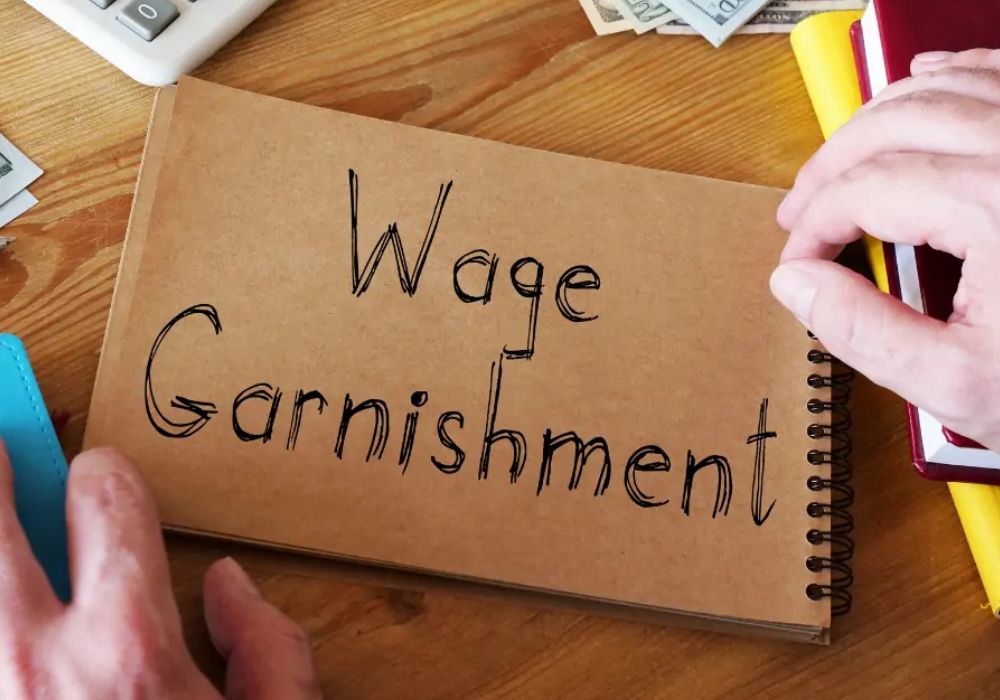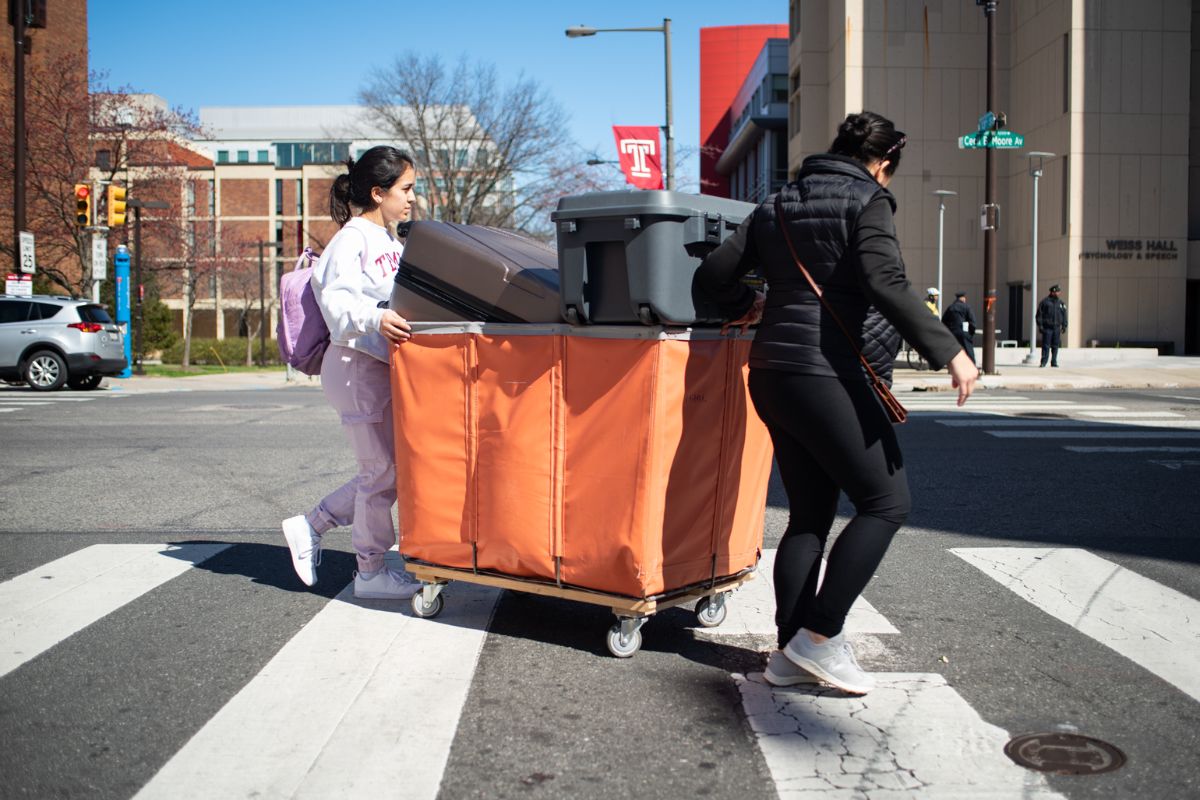As a tenant, it's important to understand your rights and responsibilities to have a successful tenancy. If you're wondering "What are my rights as a tenant?", you're in the right place. Knowing your rights can protect you from unfair treatment and empower you in your tenancy.
In this article, we'll explore your rights and responsibilities as a tenant in more detail.
Guide to Tenant Rights
1. The Right to Live in a Safe and Habitable Property
Your landlord is responsible for ensuring that the property you're renting is safe and in good condition. They must carry out necessary repairs and maintenance work to keep the property in a habitable condition, such as fixing leaks, faulty electrical systems, or heating systems. If the property is not safe or habitable, you have the right to request that your landlord makes the necessary repairs.
2. The Right to Know Your Landlord's Identity
You have the right to know who your landlord is and how to contact them. Your landlord should provide you with their contact details, including their name, address, and phone number. Knowing your landlord's identity can be important if you need to report any issues or request repairs.
3. The Right to a Rent Book or Receipts
You have the right to request a rent book or receipts from your landlord for all payments made towards rent. This can help you keep track of your rent payments and ensure that you're not overcharged.
4. The Right to a Fair Rent
Your landlord cannot charge you an unfairly high rent or increase your rent during the fixed term of your tenancy. If you feel that your rent is too high, you have the right to challenge it.
5. The Right to Your Deposit Back
When you move out of the property, your landlord must return your deposit to you, provided you have met the terms of your tenancy agreement. If you have an assured shorthold tenancy agreement, your landlord must also protect your deposit in a government-approved tenancy deposit scheme.
Your Responsibilities as a Tenant
While your landlord has certain obligations towards you, you also have responsibilities as a tenant. Here are some of the key responsibilities you should be aware of:
1. Paying Rent on Time
Your most important responsibility as a tenant is to pay your rent on time. Make sure you know when your rent is due and budget accordingly to ensure you can meet your payments.
2. Keeping the Property Clean and Tidy
As a tenant, you're responsible for keeping the property clean and tidy. This means keeping the property free from rubbish and clutter, and reporting any damage or repairs that are needed.
3. Reporting Repairs and Maintenance
If you notice any damage or maintenance issues in the property, you should report them to your landlord as soon as possible. This can prevent any further damage from occurring and ensure that repairs are carried out promptly.
4. Not Subletting the Property
Unless your tenancy agreement specifically allows it, you cannot sublet the property to another tenant without your landlord's permission.
5. Respecting Your Neighbours
As a tenant, you're responsible for respecting your neighbours and not causing any disturbances or nuisance. This means keeping noise levels down and ensuring that any guests you have over are respectful of your neighbours' privacy.
FAQs about What Are My Rights As A Tenant?
What a landlord Cannot do in California?
The Fair Housing Act provides protection for tenants against discriminatory practices and retaliation by landlords. As per the Act, landlords cannot evict tenants for making complaints against them or for discriminatory reasons. Additionally, landlords cannot discriminate against potential tenants on the basis of familial status, disability, religion, national origin, color, race, or sex.
What are my rights as a renter in California?
In California, as a tenant, you are entitled to certain rights. These rights include equal opportunity housing, protection against discriminatory application fees, the right to a refundable security deposit, and access to information regarding issues such as mold and utilities.
You also have the right to file claims in small claims court, and to live in premises that are habitable. Additionally, if your landlord fails to make necessary repairs, you have the right to withhold rent or "repair and deduct".
You are also protected under California's termination and eviction rules, as well as the right to privacy and written notice if your landlord needs to enter your property for non-emergency reasons. Other important rights include protection from landlord retaliation, special protections after incidents of domestic violence, and notice if any of your property is left behind.
What are my rights as a tenant in Connecticut?
In Connecticut, tenants are entitled to reside in a livable apartment that meets all relevant housing and safety regulations and to seek housing free from any discriminatory behavior by their landlord. Furthermore, according to Connecticut law, tenants have the right to request repairs for damages that go beyond ordinary wear and tear in their apartment.
What are your rights as a tenant without a lease in California?
In California, tenants without a lease cannot be abruptly evicted by their landlords. If a landlord wishes to terminate the tenancy, they must provide the tenant with a minimum of 30 days' notice in the case of a month-to-month tenancy. However, there are some exceptions to this rule, as certain circumstances may warrant a three-day notice for the tenant to vacate the property.
Rent withholding for repairs: Is it legal?
Tenants are entitled to secure and habitable living spaces. This involves the right, in many states, to withhold rent or to repair the issue and subtract the expenses incurred from the rent (referred to as "repair and deduct"). In states where there is no "repair and deduct" law, renters usually need to notify their landlord of the issue and give them a specified period to address it.
Can Landlord Enter Without Permission?
In general, landlords are required to provide advance notice before entering a rental property. This notice period is typically at least 24 hours, as mandated by most states. The only situation where a landlord may enter without prior notice is in the event of an emergency.
Conclusion
In conclusion, knowing your rights and responsibilities as a tenant is important to ensure a positive and successful tenancy. Make sure you read your tenancy agreement carefully and understand what is expected of you as a tenant. If you have any concerns or questions about your rights or responsibilities, don't hesitate to reach out to your landlord or a legal professional for guidance.
By being informed and proactive, you can help protect yourself from any potential disputes or misunderstandings with your landlord and enjoy a comfortable living environment.





